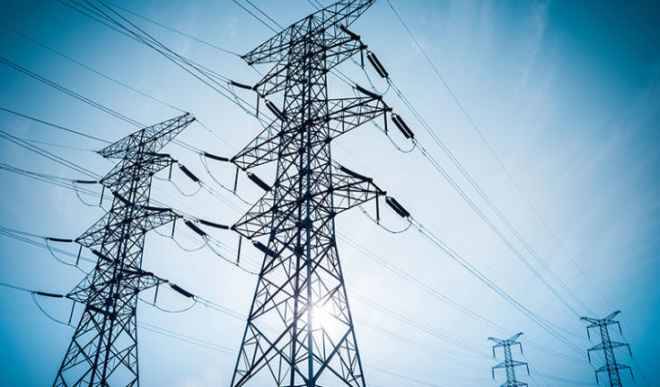Enugu, Sept. 4, 2023: The Nigeria Electricity Consumers Advocacy Network (NECAN) says power privatisation in Nigeria is not working, because investors lack financial, technical and managerial capacity to run the sector.
The National Secretary of the Network, Mr Uket Obonga, disclosed this in Enugu on Sunday and said that the privatisation had not been delivered because of a poor transmission and distribution network.
He said that Nigeria had a distribution capacity of about 8,000 megawatts and generation capacity of 12,000 to 13,000 megawatts, but the available capacity pushed out to Nigerians was only 5,500 megawatts.
The energy expert noted that, if nothing else was done to improve on it, the system would collapse.
Obonga, who is the Lead Director, Energy Consumers Consultancy Services, Abuja, said the Federal Government couldn’t fully invest into power, but brought people who had no financial, technical and managerial capacity to run the sector.
According to him, the private investors that the federal government handed over 60 per cent equity holding in the power sector took loans from commercial banks to invest into the sector.
He said that this was capital intensive and required long term investment.
“And because of the wrong module that was used in the privatisation, we found ourselves in this problem because the loans they obtained from banks had a short gestation period.
“If an investor cannot provide a simple thing like a meter, which is a revenue tool in the sector, then there is a problem.
“It is the absence of meters that led to estimation which is aberration in the sector, and when you get into estimation, you are making Nigerians to pay for what they did not use,” Obonga said.
He added that the Nigerian Electricity Regulatory Commission (NERC)’s inefficiency to monitor, supervise and regulate power led to the establishment of the Presidential Power Initiative on when to increase or review tariffs.
Obonga regretted that a country with a population of over 200 million could not generate and distribute more than 5,500 megawatts of electricity.
He noted that the kilowatts/hour per capital in Nigeria was the lowest in West Africa.
“It is lower than Equatorial Guinea, Gabon, Togo, Benin Republic, but only better than Niger that we supply power.
“Nobody invested to expand power infrastructure in 31 years and this led to expansion of the end users, which is not commensurate to the infrastructure on ground.
“This is until President Olusegun Obasanjo’s administration came and privatised the sector which had not delivered to its expectations, ” the NECAN scribe said.
On the way forward, Obonga called for a comprehensive statutory review and appraisal of the power privatisation to see where the investors were lacking and bring in more investors into the sector for healthy competition.
“This means that if I am not satisfied with the services of A, I can go to B or C and there will be competition,” he said.




